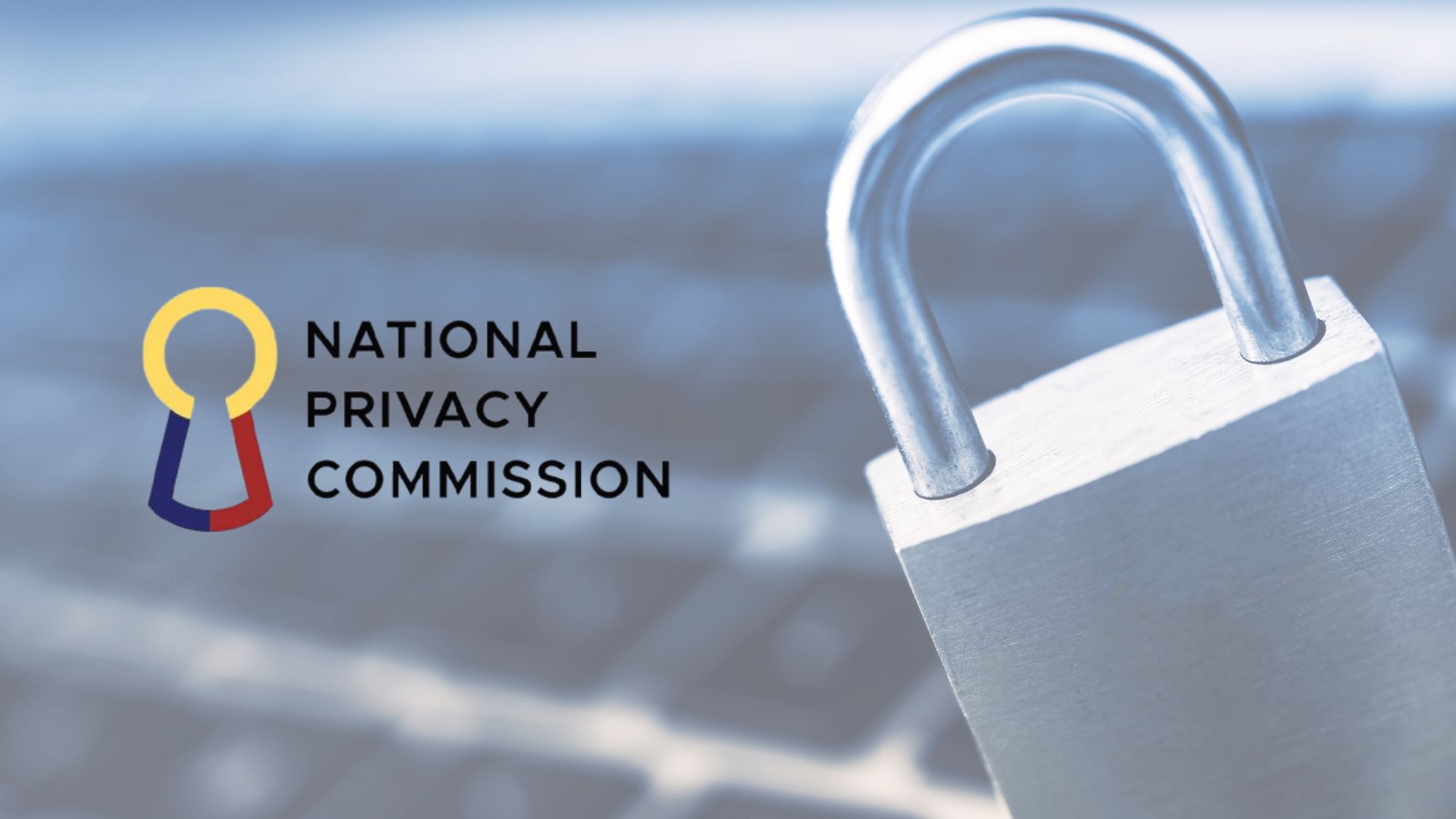The National Privacy Commission has launched an investigation into reports of a possible data breach involving G-Xchange Inc., operator of GCash, after a post on the dark web appeared offering what was described as sensitive user information for sale. The alleged incident, if verified, could have major implications not just for G-Xchange but also for its parent company, Globe Telecom, which has been positioning itself as a leader in digital finance.
The NPC said that it began its probe immediately after a threat actor using the alias Oversleep8351 posted on October 26 that it was selling data allegedly taken from GCash’s systems. The post claimed to include GCash account numbers, linked bank and virtual card accounts, and Know Your Customer files containing names, addresses, employment details, and valid government IDs.
In response, the NPC’s Complaints and Investigation Division issued a Notice to Explain to G-Xchange and has called for a clarificatory conference. As of October 27, the commission had not yet received an official breach notification from the company. The NPC said that if the investigation confirms any compromise of personal data, it will take regulatory and enforcement action under the Data Privacy Act of 2012.
G-Xchange Inc. is a wholly owned subsidiary of Globe Fintech Innovations Inc., better known as Mynt, which in turn is backed by Globe Telecom, Ant Group of China, and Ayala Corporation. GCash is Mynt’s flagship product and has become one of Globe’s fastest-growing assets, serving more than 80 million users and accounting for a major share of Globe’s non-telco revenue growth.
For Globe, the investigation poses a critical test. The company has invested heavily in repositioning itself as a digital ecosystem company rather than just a telecom provider. GCash has been its brightest success story, fueling talk of an eventual initial public offering. Any confirmed data breach could erode confidence in that narrative, forcing Globe and its partners to spend heavily on cybersecurity upgrades and damage control.
Industry experts say that beyond immediate reputational risk, the investigation raises questions about how ready local fintech companies are to handle the growing sophistication of cyberattacks. With GCash embedded deeply in the financial lives of Filipinos—from paying bills to receiving salaries—any perceived weakness could create a ripple effect across the digital payments landscape.
The NPC has advised GCash users to remain alert for phishing attempts, change MPINs and passwords, and enable extra security measures such as biometric verification. It also urged the public to avoid spreading unverified claims while the investigation is ongoing.
Analysts note that the outcome will be watched closely by regulators, investors, and consumers. If no breach is confirmed and Globe’s fintech arm demonstrates transparency and responsiveness, the company could emerge with its reputation intact. But if lapses are found, the case could redefine how data privacy compliance is enforced across the fintech sector.
For the country’s largest mobile wallet, built on trust and convenience, the next few weeks will determine whether it can preserve that trust—or whether this will mark a turning point in how Filipinos view digital money itself.


